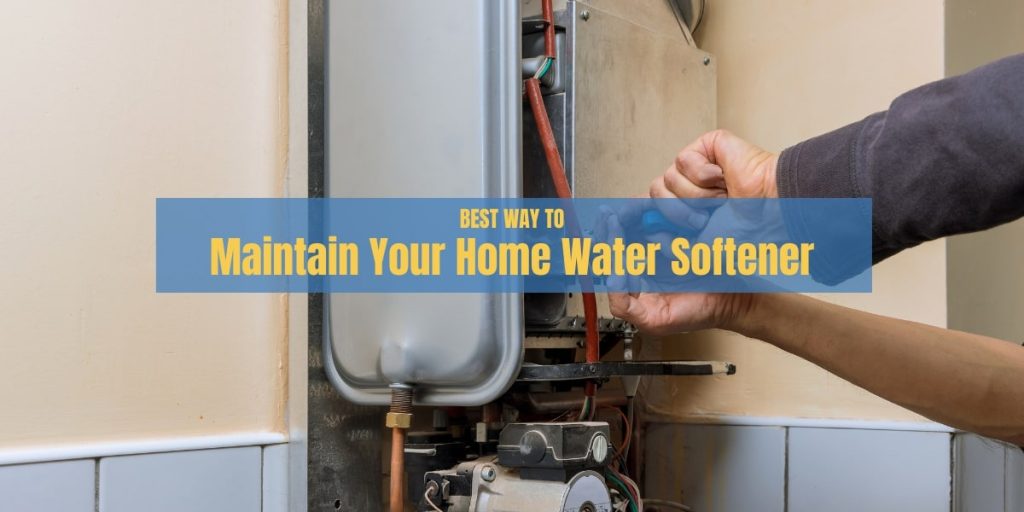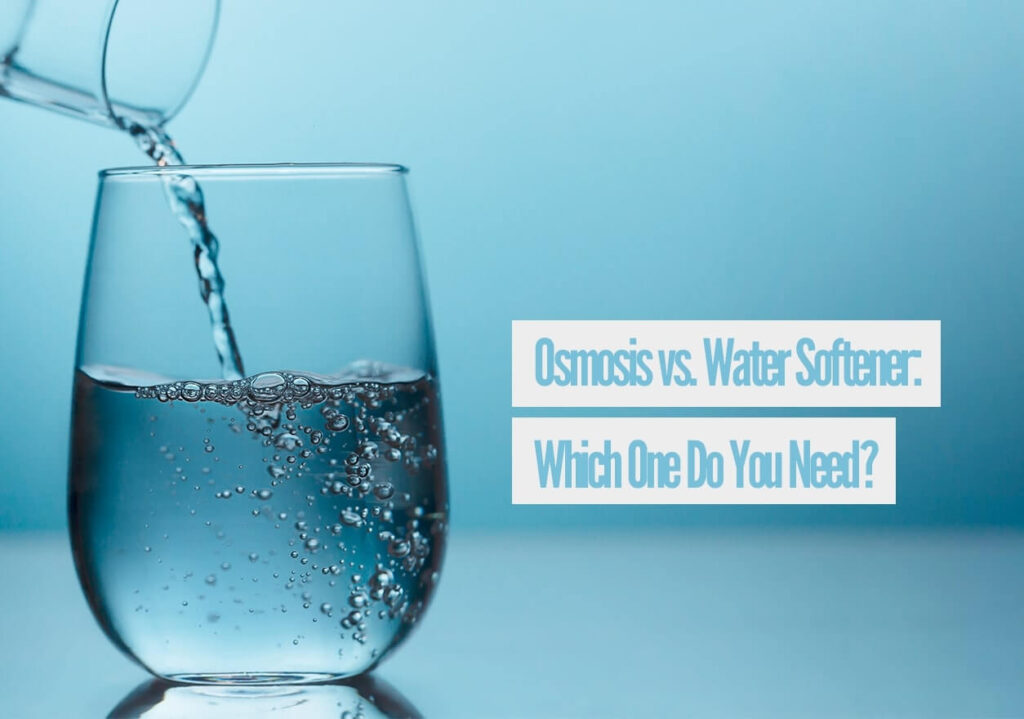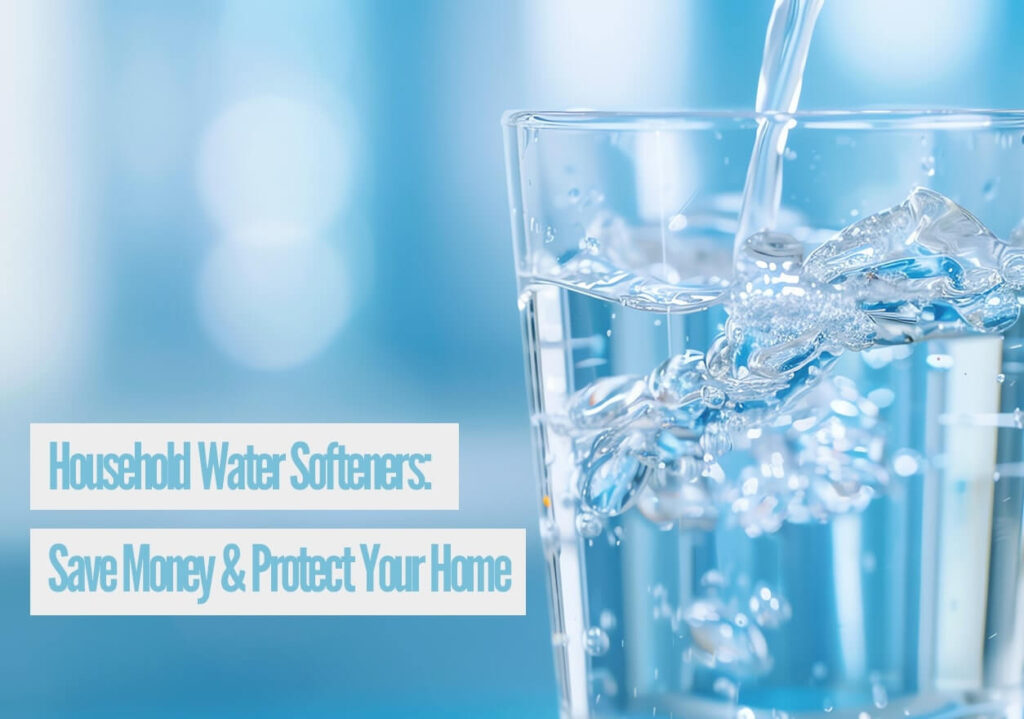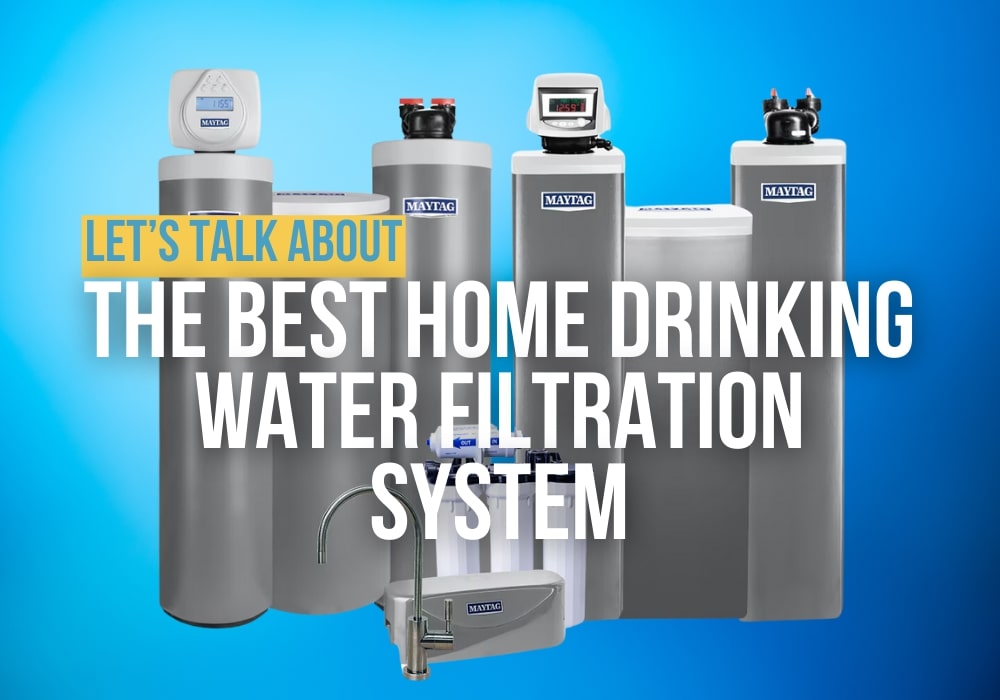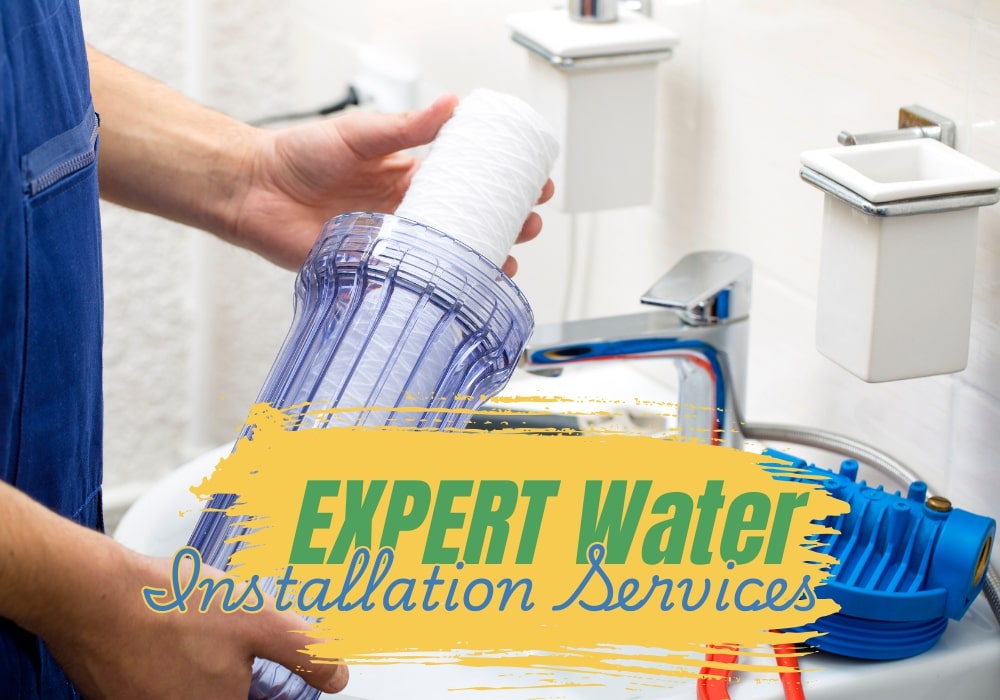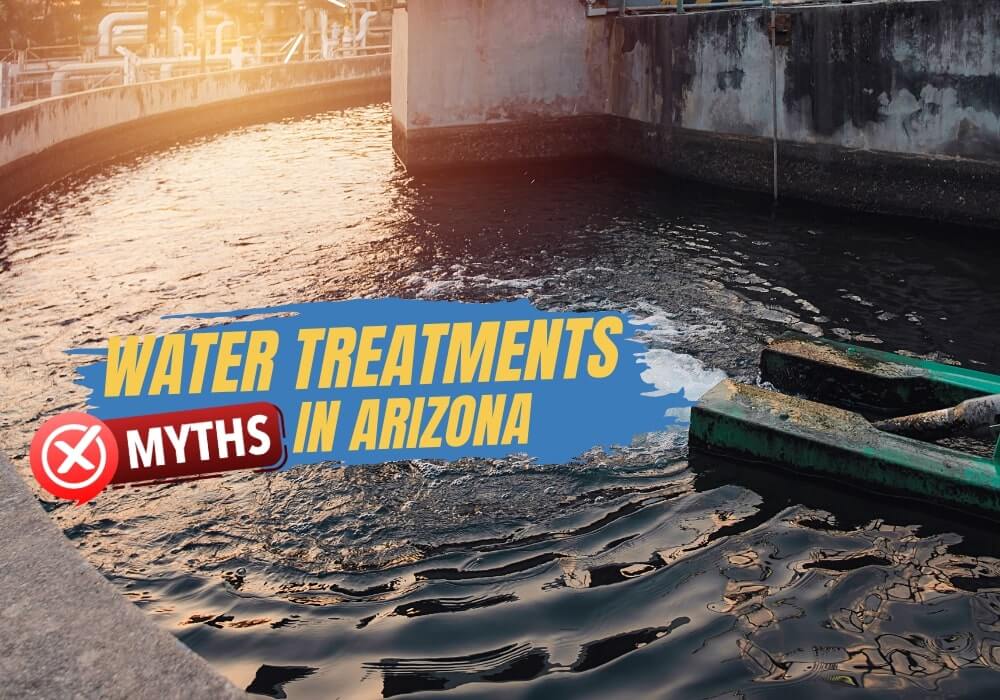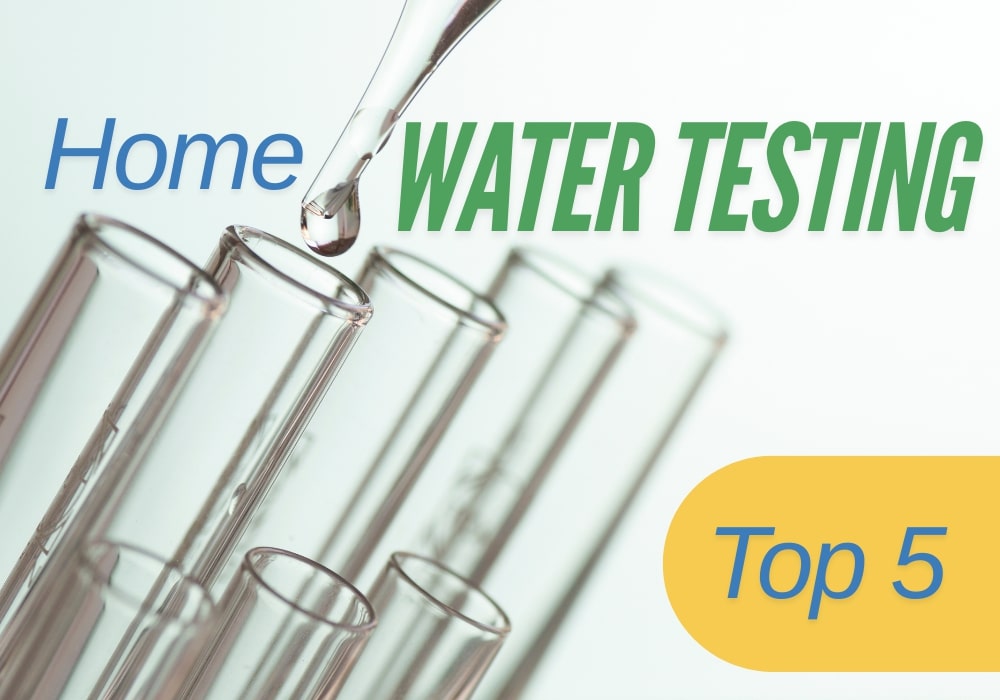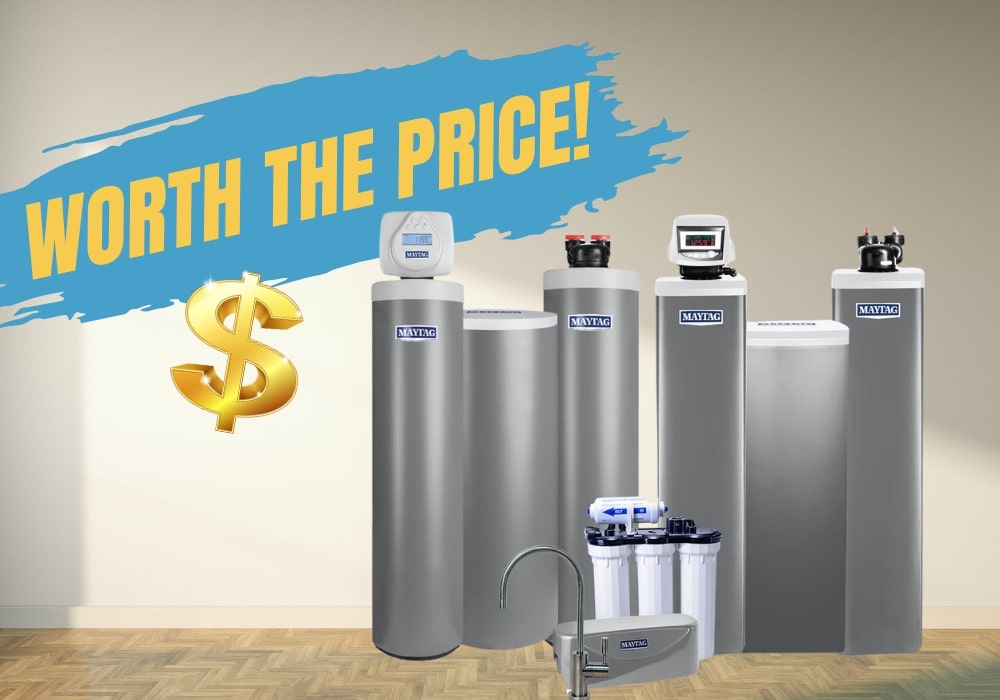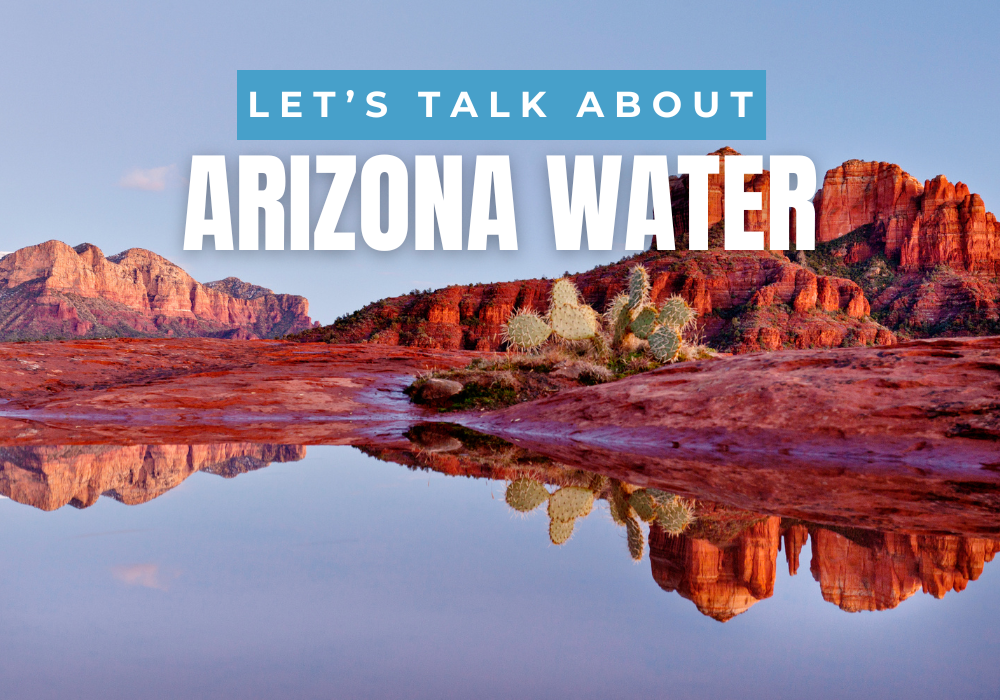What’s the Best Way to Maintain Your Home Water Softener?
A well-maintained water softener keeps your water clean, protects your appliances, and saves you from costly repairs over time. Keeping your softener in good shape is simple. Regular water softener system maintenance helps it work better and last longer. It also makes sure your water stays clean and safe to use. Home water softener system maintenance can stop big problems and save you money. How Often Should You Maintain a Water Softener? Check salt level monthly, clean the tank yearly, and get professional service every 3-5 years for best water softener performance. Regular water softener system maintenance keeps the unit running smoothly and prevents salt clogs or damage. Home water softener system maintenance also improves water quality and helps the system last longer. Doing these simple things keeps your water softener working well for years. Don’t forget – a little care goes a long way! What Are The Steps To Clean a Softener System? Turn off the unit, clean the tank, add fresh salt, use cleaner, and restart the system. Follow each step carefully to keep your system clean and running smoothly. Step 1: Turn Off The System Turn off the water going into the softener. Unplug the softener from the power outlet. This keeps you safe and prevents damage. Always start home water softener system maintenance with everything turned off. Step 2: Empty The Brine Tank Scoop out old salt and water. Look for hard salt chunks at the bottom. Too much or cheap salt can cause clumps. This keeps your softener working right. Step 3: Clean The Tank Use warm water and mild soap. Wipe the inside with a soft cloth or brush. Scrub away dirt, salt, and buildup. This helps your system work better and last longer. Step 4: Rinse The Tank Use clean water to wash out the tank. Make sure all the soap is gone. Soap left behind can hurt the softener’s parts. It can also make the water feel strange. Rinsing well keeps the system working right. Step 5: Add Fresh Salt Pour clean, good-quality water softener salt into the tank. Use the right kind—evaporated or solar salt works best. Avoid coarse rock salt, as it can cause problems. Too much salt can form hard blocks called salt bridges. This step helps your home water softener system work properly. Step 6: Use a Resin Bed Cleaner Pour softener cleaner into the tank as shown. Start a manual clean cycle. It clears the buildup and keeps the system working. Step 7: Plug In And Restart Plug the system back in. Turn on the water. Run a full cycle. This gets the softener working again. Now, maintenance of your home water softener system is complete. Doing these steps every few months makes water softener system maintenance easy and stress-free. With regular home water softener system maintenance, your unit will stay in top shape longer. Can You Service a Softener At Home? Yes, you can do most of it yourself. Water softener system maintenance is simple with basic tools. You don’t always need a plumber. Home water softener system maintenance includes easy tasks you can handle on your own. Read the manual before starting. Call a pro if you see leaks or error codes. Water softener system maintenance at home keeps water soft and your system strong. Home water softener system maintenance saves money and avoids big problems. What Are the Signs Your System Needs Maintenance? Hard water, weak flow, or strange sounds mean your softener needs maintenance. Your softener gives clear signs when something is wrong. Quick water softener system maintenance can fix these early. Good home water softener system maintenance starts when you see these signs: 🧼 Soap Doesn’t Work Well: Water feels hard. Soap won’t make bubbles. Skin feels dry after washing. 🧂 Salt Stays the Same: Salt level never goes down. Salt might be stuck or hard like a rock. 🔊 Weird Sounds: You hear strange or loud noises when the softener runs. Something may be jammed. 🚿 Weak Water Flow: Shower feels slow. Water comes out soft. Pipes may be blocked with salt or minerals. 👃 Bad Smell or Taste: Water tastes salty or smells funny. The softener might not clean it right. 🌫️ Cloudy Water: Water looks foggy. Minerals are still in it, which means it’s not working well. 🔄 Long Cleaning Time: The Cleaning cycle takes too long. The system may need a reset or quick check. 🧊 Salt Looks Wrong: Salt looks mushy or forms a hard crust. That blocks the tank and stops it from working. Doing water softener system maintenance when these signs show up keeps your water soft and safe. Which Tools Help In Softener Maintenance? You need simple tools like a bucket, brush, cleaner, and test kit to maintain your softener easily. Tool What It Does Bucket Hold old salt or dirty water you take out. Soft Brush/Cloth Scrubs the tank gently without damage. Mild Soap Cleans dirt from inside the tank. Softener Cleaner Washes out dirt and minerals from the resin part. Water Test Kit Check if your water is still hard or soft. Flashlight Helps you see salt clumps or mess inside the tank. Scoop or Cup Let’s take out salt or water easily. Gloves Keep your hands safe and clean while working. Tool What It Does Bucket Hold old salt or dirty water you take out. Soft Brush/Cloth Scrubs the tank gently without damage. Mild Soap Cleans dirt from inside the tank. Softener Cleaner Washes out dirt and minerals from the resin part. Water Test Kit Check if your water is still hard or soft. Flashlight Helps you see salt clumps or mess inside the tank. Scoop or Cup Let’s take out salt or water easily. Gloves Keep your hands safe and clean while working. These tools make water softener system maintenance easy. They also help with safe home water softener system maintenance anytime you need it. Does Maintenance Extend System Life? Yes, regular maintenance makes your softener last longer


